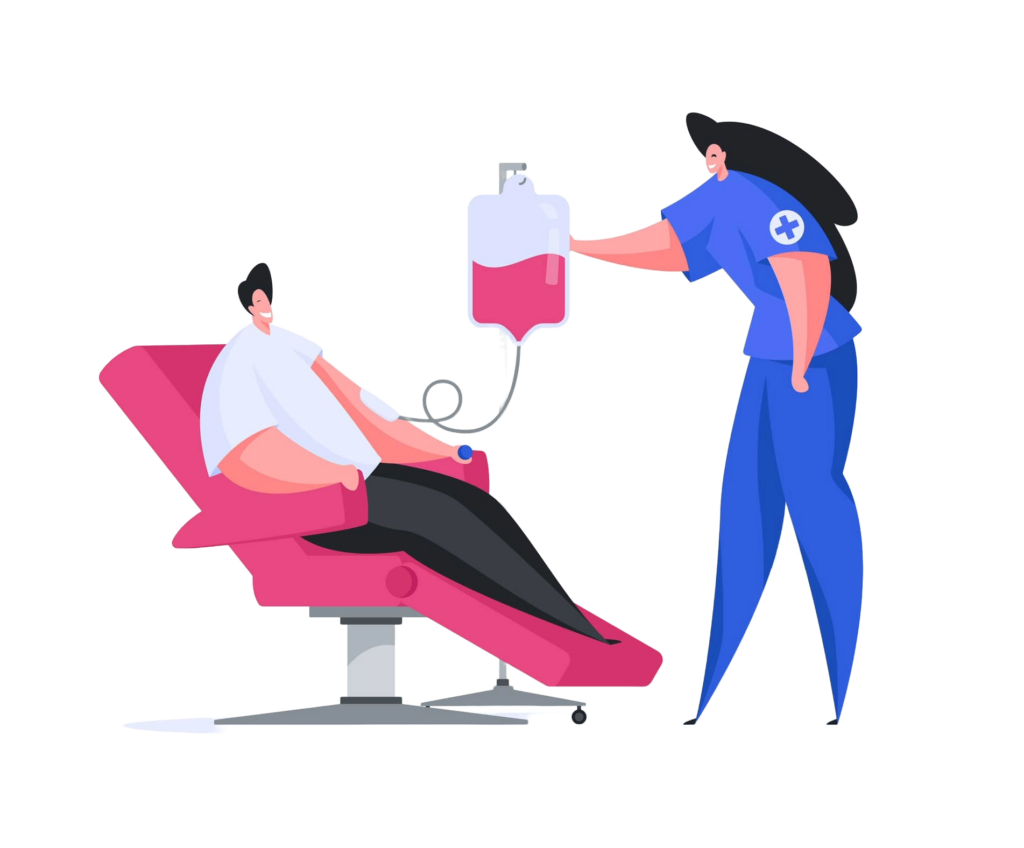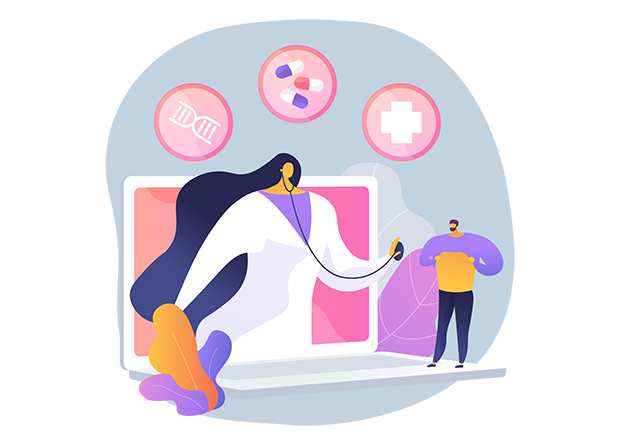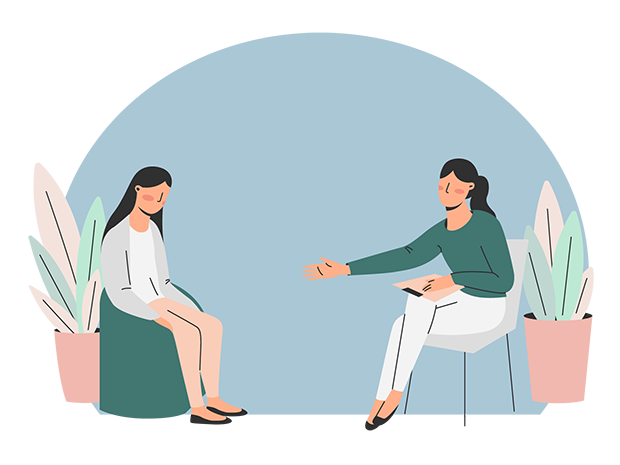Ketamine for Depression
Ketamine for depression is one of the more recent and innovative approaches in the field of mental health treatments. Historically, used as an anesthetic, research over the past decades has found ketamine's potential efficacy in alleviating depressive symptoms, especially for individuals where standard treatments have been ineffective.

Ketamine: How It Works
First synthesized in the 1960s, Ketamine was primarily used as an anesthetic due to its ability to induce a trance-like state while preserving vital functions like breathing. This “dissociative anesthesia” led to its adoption in surgical procedures, especially in field conditions and pediatric settings.
On a molecular level, ketamine functions as an NMDA receptor antagonist. By blocking these receptors in the brain, ketamine disrupts the typical neural signaling pathways, resulting in its anesthetic properties.
Ketamine addresses severe treatment-resistant depression by reshaping the brain’s internal dynamics. In addition, Ketamine elevates glutamate levels, enhancing energy, and boosts the production of mood-elevating neurotransmitters. Research indicates that the relief from mental health symptoms with ketamine is often immediate, with its positive effects lasting for many from several weeks to months post-treatment.
How Can Ketamine Help Depression?
When administered in low doses, patients report significant mood elevation, often within hours of the treatment.
Unlike traditional antidepressants that target the serotonin, norepinephrine, or dopamine systems, ketamine’s antidepressant effect is believed to arise from its impact on glutamate—a vital neurotransmitter that plays a role in neural plasticity and synapse formation. This fosters improved neural connectivity and resilience, potentially offering rapid mood enhancements and reducing depressive symptoms.
What To Expect During Ketamine Therapy for Depression
Ketamine is often administered as an intravenous infusion at sub-anesthetic doses. While the exact mechanisms are still being studied, the rapid improvement observed in many patients is thought to arise from:
- Enhanced Neural Growth and Connectivity: Ketamine promotes the release of growth factors, leading to the rapid formation of new synaptic connections in mood-related brain regions.
- Reduction in Inflammatory Markers: Some studies suggest ketamine reduces brain inflammation, which has been linked with depression.
- Rapid Modulation of Neurotransmitter Activity: Beyond glutamate, ketamine might also influence other neurotransmitters, contributing to its rapid mood-lifting properties.

How Ketamine Therapy at Atlanta Integrative Psychiatry Works
- Initial Phone Call: Before beginning ketamine therapy, prospective patients often have a telehealth or phone consultation. This initial contact allows us to understand the your medical history, the severity of your depression, and any potential contraindications.
- First and Second Treatments: If deemed a suitable candidate, you will undergo their first ketamine infusion at our office. Sessions typically last for about 40-60 minutes. Many patients report feeling different after the first treatment—some experience a profound lift in mood, while others might feel a subtle shift. The second treatment, usually scheduled within a week of the first, aims to consolidate the therapeutic benefits.
- Further Care: Depending on the your response, another session may be scheduled. Alongside, you’ll often participate in psychotherapy or other adjunctive treatments to maximize the therapeutic benefits. Over time, the frequency of treatments may taper down based on symptom relief.
At Atlanta Integrative Psychiatry, we’re committed to your safety. We currently offer Spravato treatments as our form of ketamine therapy. Our Spravato treatments are medically monitored to ensure the safety and wellbeing of our clients. During your treatment, we monitor your vital signs, and comfort levels.
More: How Long Does Ketamine for Depression Last? , Is Ketamine Therapy Covered By Insurance?

How Do I Know I'm A Good Fit for Ketamine for Depression?
Whether you’re a good fit for ketamine therapy depends on several factors:
Diagnosis: Ketamine therapy is primarily considered for major depressive disorder, especially treatment-resistant depression. It’s also being studied for other conditions like PTSD, anxiety, and certain chronic pain conditions.
Treatment History: Those who have tried multiple conventional treatments without adequate benefit may consider ketamine as an option.
Physical Health: Some health conditions or medications might interact negatively with ketamine. It’s essential to have a thorough medical evaluation with our staff before starting.
Mental Health History: Certain psychiatric conditions, like bipolar disorder, might be affected differently by ketamine. It’s important to assess the full spectrum of your mental health before starting treatment.
Potential for Substance Abuse: A history of substance abuse might be a consideration when evaluating the appropriateness of ketamine therapy, given its potential for misuse.
Informed Consent: Understand the potential risks and benefits, including potential side effects like dissociation, increased blood pressure, or cognitive changes.
To truly determine if you’re a good fit for ketamine therapy, schedule an appointment with us today. We can provide a comprehensive evaluation and guide you towards the best treatment options for your individual circumstances.
Find Ketamine for Depression in Atlanta Today!
Find Mental Health Treatment Today
Atlanta Integrative Psychiatry is an Industry leader in mental health treatment . Our team of top medical experts specialize in dual diagnosis treat and are committed to ensuring that each patient is treated as an individual.
Call us today, we're avialable 24/7.




